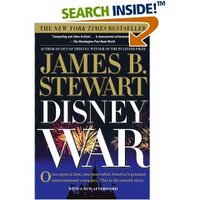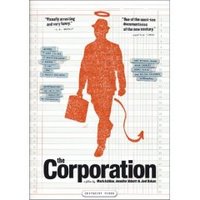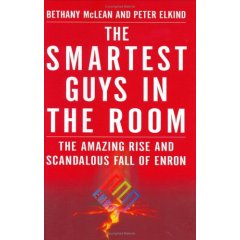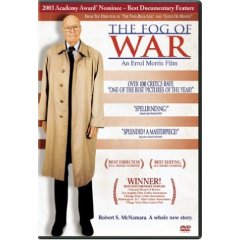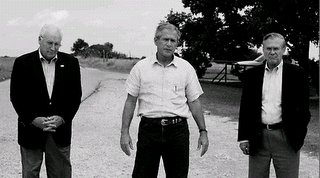
Ugh. Civil war in Iraq. To me this is a no brainer.
The United States has the ability for an unspeakable amount of physical force, in other words violence. We can do ANYTHING we want as long as it involves killing and destruction. That sounds horrible honestly, but the truth, or the "good" in that is that we represent an unbeatable military threat to ANY frontal assualt in the world today. No one can beat us, head-on.
Fact- WE DON'T WANT TO LEAVE. It is in the United States interest to stay in Iraq for a number of reasons. 1 - We actually believe establishment of a democracty in the middle east is a good thing. EVERYONE benefits from a democracy in these awful states who do not support free speech, who oppress women (horribly), and promote intolerance across the world. 2) This is a PERFECT place for us to establish a big, fat military base that makes it easy for the United States to project power (or at least intimidate) Iran. If you don't believe that, you're a pansy liberal, stop reading here. (kidding, sort of).
Problem - we currently have too few troops in too big a space in the midst of a civil war between Iraqi Sunnis and Iraqi Shite's (we'll forget about the Kurds who like us for the moment.)
Solution - PICK A SIDE. The United States should pull back to a single side. Pull all of our troops into a specific area for the Sunnis or Shites - whichever we decide is the most defendable. Concentrate our forces in a geographic area and calll it the "Shite" area for example. Pledge that the U.S. will fully defend the living daylights out of that geographic area. Pay off everyone in that area with social benefits (very liberal of me I know, but we're nation building here).
The net effect is a "stronghold" of U.S. power, with a populace that feels protected from it's enemy. The enemy is incapable of attacking with a frontal assault (see above - we're tough). Sure, they could still do a guerilla war, but the people are on our side this time.
And the alternate state? The one without our oversight and protection? Well, too bad! They elected to be a violent state. Can't help them. Sorry.
What's wrong with this approach? We stay in the middle east. We protect the peace. We build a democracy (yes, that does mean we can build McDonald's- what is so wrong with that?) . And we're still able to project power in the region.




